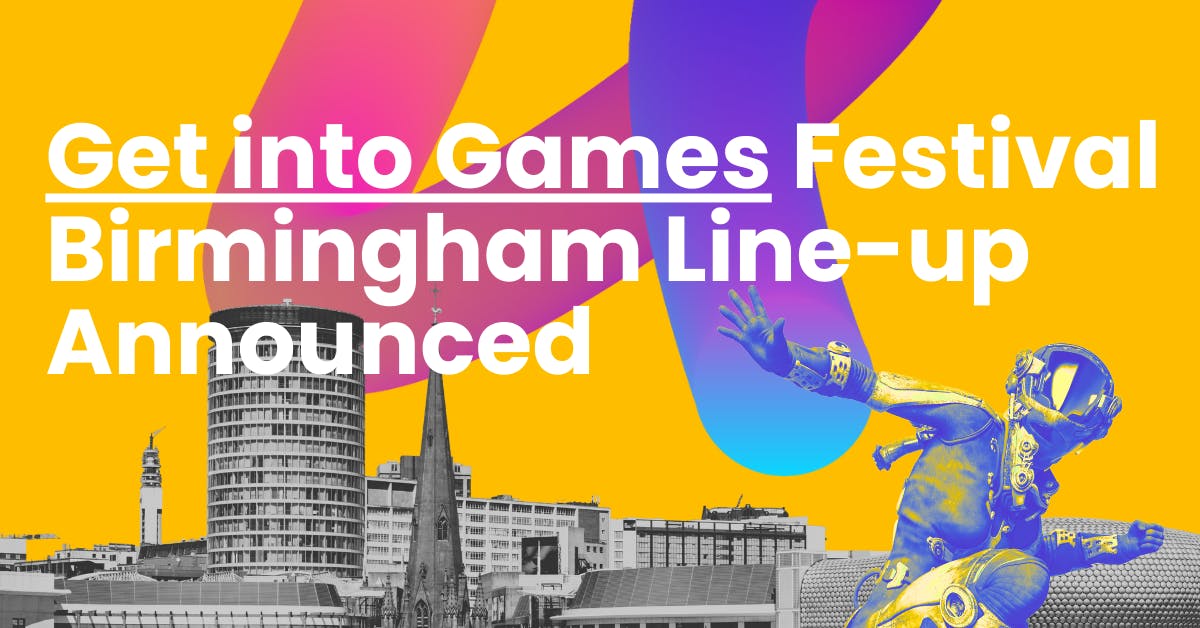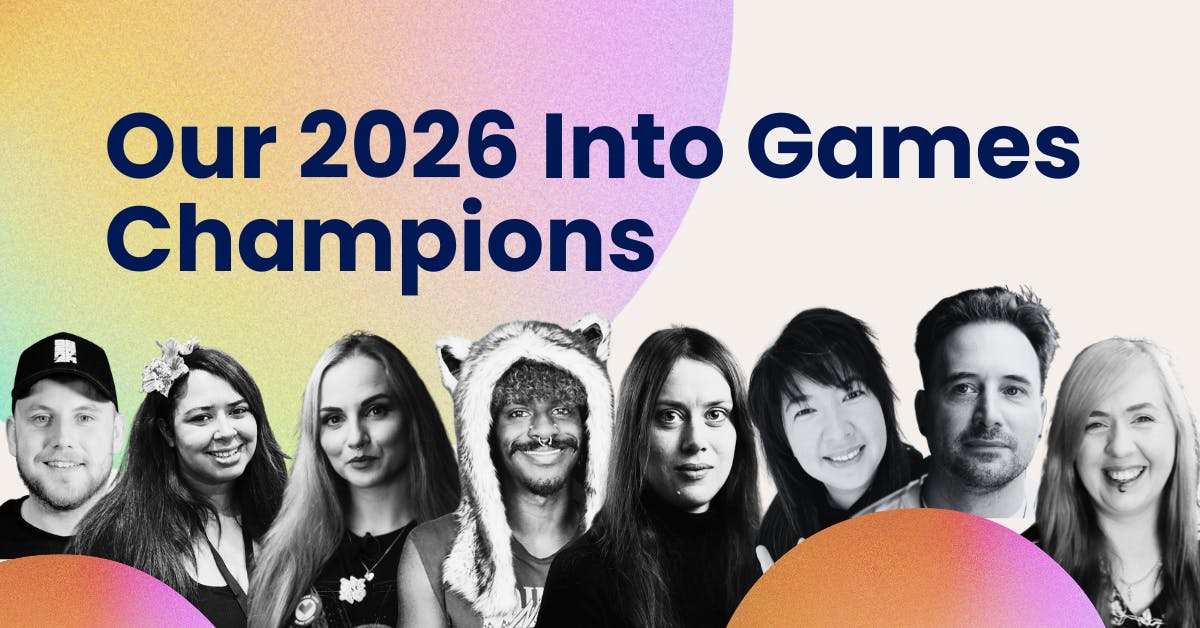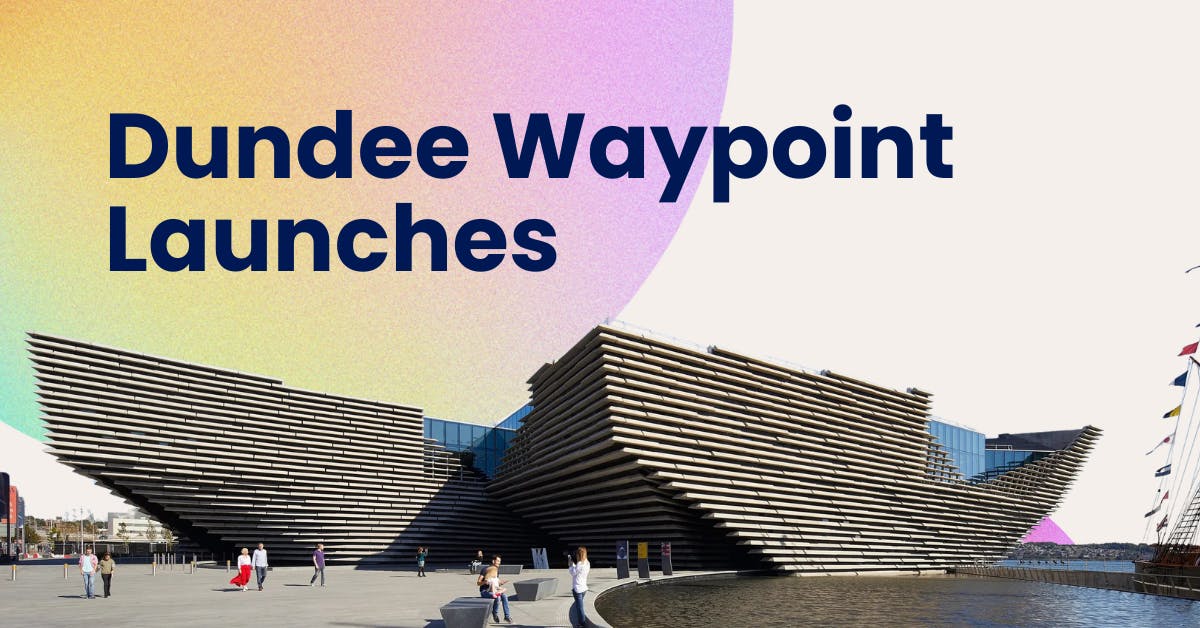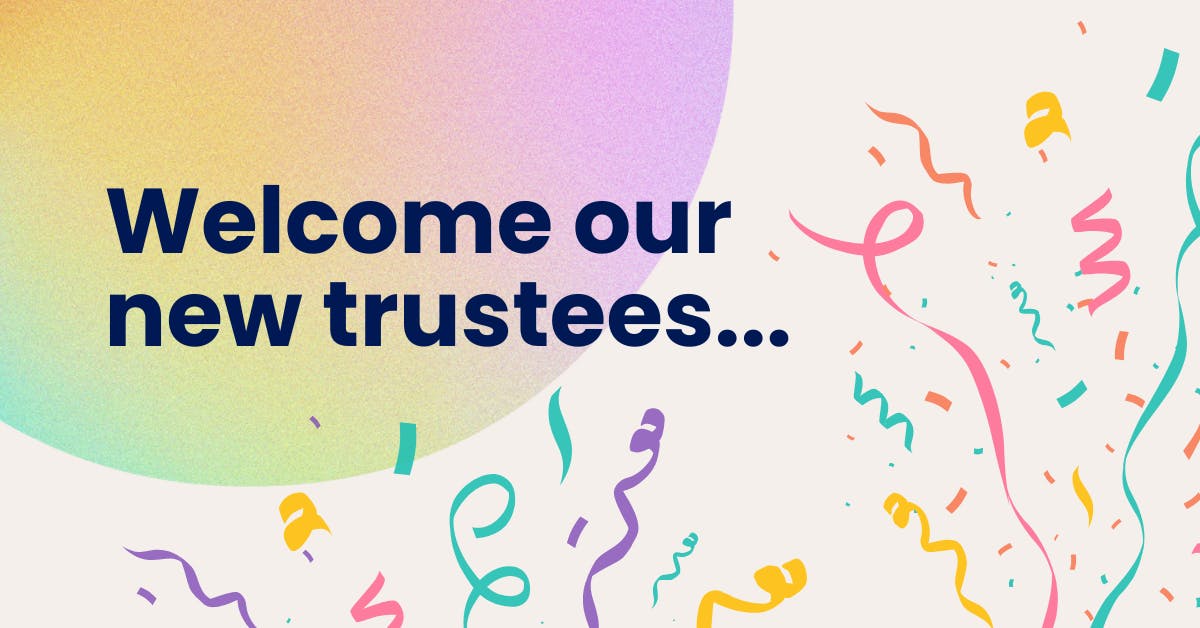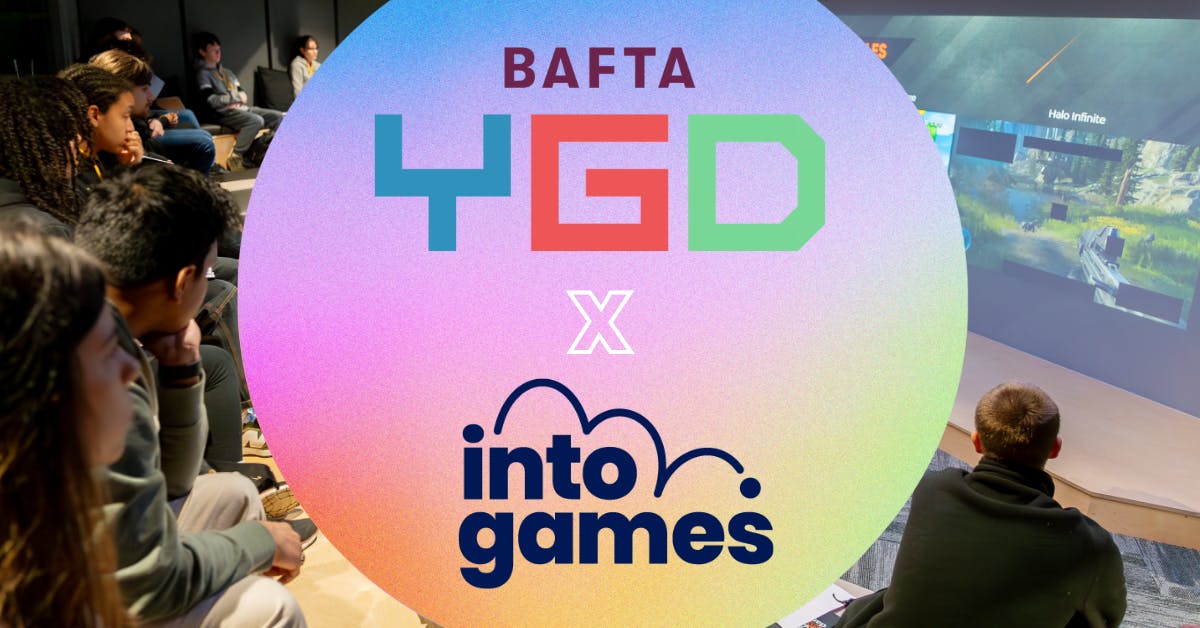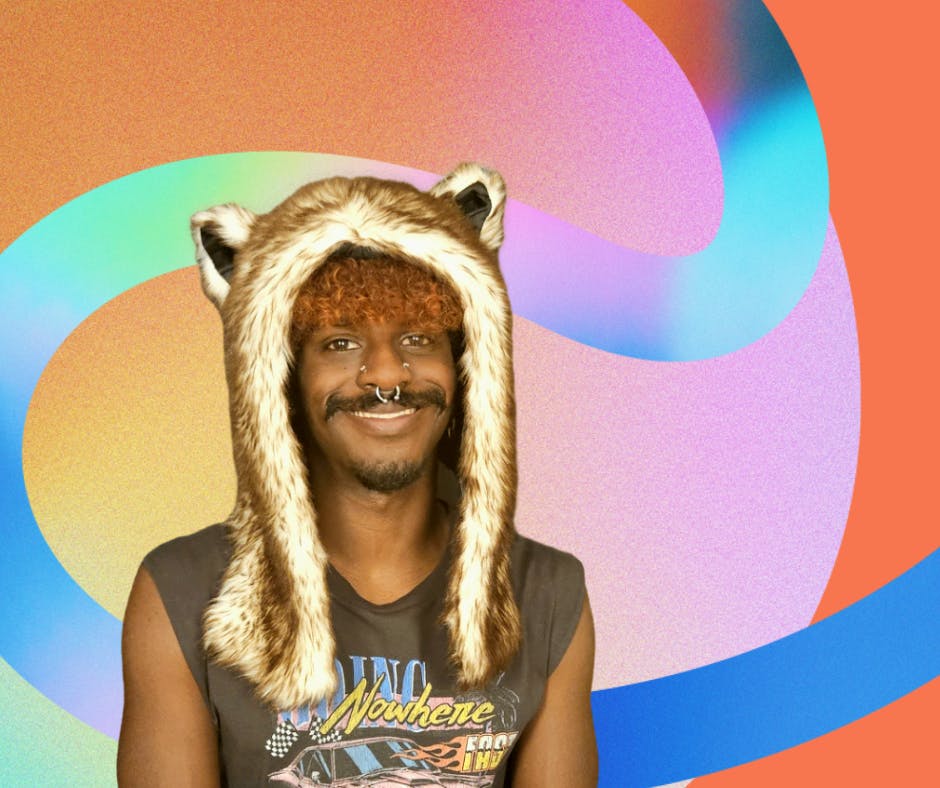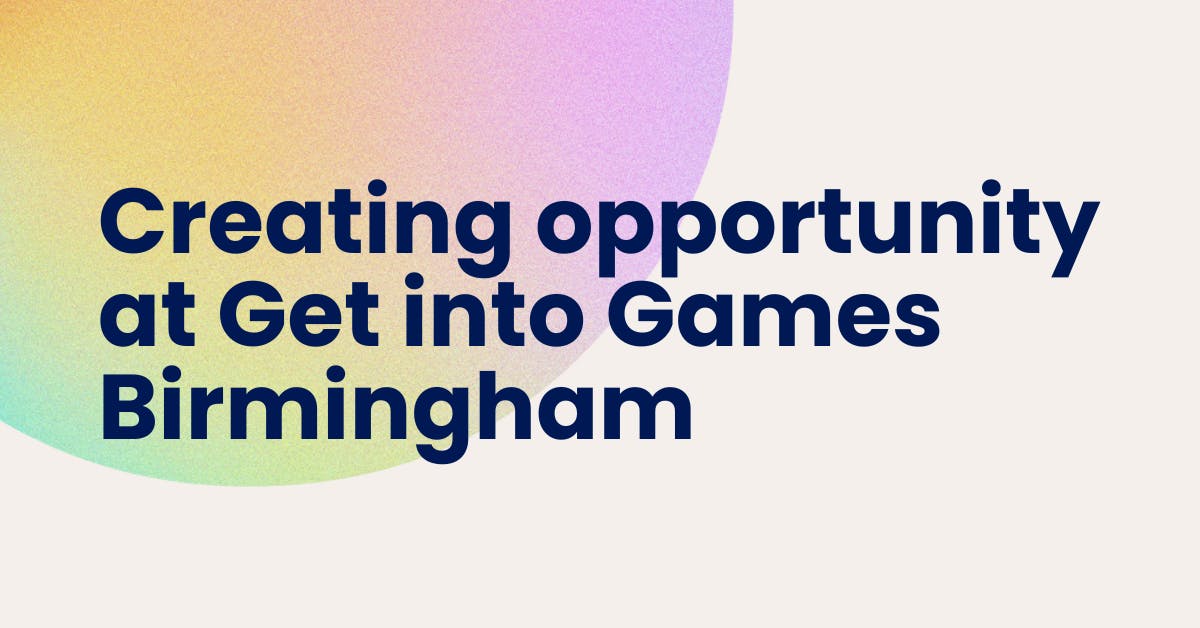
14 September 2020
What does a PR Manager in games do?
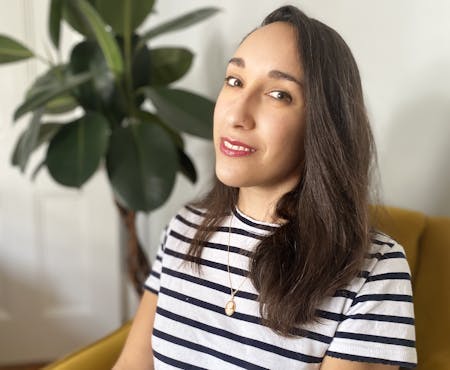
Charlene Lebrun is Publicist and Director of Player Two PR, a successful PR agency for indie games. Charlene's previous role as International PR Manager at SEGA Europe involved leading campaigns for Total War: Three Kingdoms, Shenmue and Two Point Hospital. Charlene has also worked on indie gems such as Eastshade, Dustborn, Chinatown Detective Agency, Game Dev Tycoon and many more. We asked Charlene some key questions about getting into the games sector.
Explain your role like I'm 5 years old
As a PR Manager, I talk to journalists and game streamers about games: announcing news, sharing trailers, letting them play games early, so they can write about it or record their time playing it, and arranging interviews with the people making those games.
It's like being a messenger between the game studios I work with, and the public. Part of the job is working closely with the game developers, ensuring that our plan suits the game and the people making them, and also working with the media so that if it's a game they like, they have all the information they need to talk about it.
Take us through your average day at work
Every day is different, depending on what we're working on! If a project is still in the early stages, I'll mostly spend time doing research and coming up with a good strategy, then try out different ways of describing it and eventually write press releases.
When we reveal a project, the day starts very early, making sure we have all the assets (screenshots, videos, gifs, descriptions) and that we know who to reach out to about a certain game. I'll make sure the announcement goes live and that every journalist who would be interested receives the news, and I'll also spend some time afterwards discussing it with journalists and content creators!
Sometime after that I usually spend some time setting up interviews with the development team, and often getting a demo out to journalists. Closer to a game's launch, I'll send out codes individually so journalists can play the game ahead of time, but also to streamers and content creators.
At some points of the year I'll be mostly busy all day managing booths at game conventions (although not this year as they've all been held digitally) or running a crowdfunding campaign. At the end of each campaign I also spend some time putting together reports to show the studio every media mention and what worked best, so we can learn for other campaigns.
There's more nuance to it, of course, it will vary depending on whether you work in AAA or indie and if you're in an agency or working directly for a studio or publisher, and it depends on the project and what opportunities we can get for it. That said, overall that's how I typically spend my working days depending on how far along each campaign is. I also work with indie studios, so I often end up wearing more than one hat and helping out with QA, business development and more!
What was your educational and career journey into your current role?
I didn't have a straightforward path, that's for sure! I started out in marketing and business in the music industry. I had my first music marketing internship at 17 and studied music management at university, which gave me plenty of transferrable skills so even if a few years later I no longer work in that field, I'm glad I got to learn all of this from marketing, business strategy, media law etc.
I've certainly had many jobs since as well. I made a few detours in publishing, broadcast and artist representation and every experience taught me a lot, so that when I landed my first games PR and marketing contract, I could hold my own.
That first games PR job came from a friend asking me for help with his game, which then blew up and I was thrown into the deep end, and I loved it! So when that contract ended I started taking on other freelance projects for a few years, took a break to work at Sega for a while, and relaunched Player Two PR as a full business in 2019. And now here we are!
What do you love most about your role?
Working with many different developers on excellent games, and figuring out how to best get them public attention! Showing the results of a great campaign to indie developers always makes my day too.
What's the hardest thing about your role?
I don't know if it's the hardest, but there's certainly a lot of admin related to PR management: making coverage reports, keeping media lists up to date. Other than that, sometimes I have to be the bearer of bad news, when a PR beat didn't work out as well as expected or refusing some media/influencer requests because of client requirements.
What key skills should people work on to do your role one day?
Great writing really helps! But also research skills and soft skills like learning how to build relationships and work with people. It also seems underrated when going into PR as you'd think it's mostly about getting your message out there, but listening skills are incredibly important in my opinion. People will tell you, subtly or not, what they want to hear about, and paying attention to that can make the difference between a bad pitch and a successful one.
What advice would you give to your younger self looking to get started in the industry?
Don't be afraid to ask for advice, and never stop learning! And playing to your own strengths is always better than trying to emulate others.
Do you have any links to good articles or videos that you think might give some tips or advice to someone starting in your role?
There are a few, but the big ones I would recommend if you're just getting started are these: There's this excellent feature on how to get a job in games PR on Gamesindustry.biz:
How to get a job in games PR
This talk by Thomas Reisenegger on GDC Vault gives a very interesting overview into the PR cycle and how a typical campaign goes:
The Diary of a Modern PR Campaign: How to Plan Your Game's Promotion
Stay up to date
It's time to level up your inbox
Pick which newsletters you're interested in receiving, and customise further by specifying a discipline.
Join our mailing listTell me more
